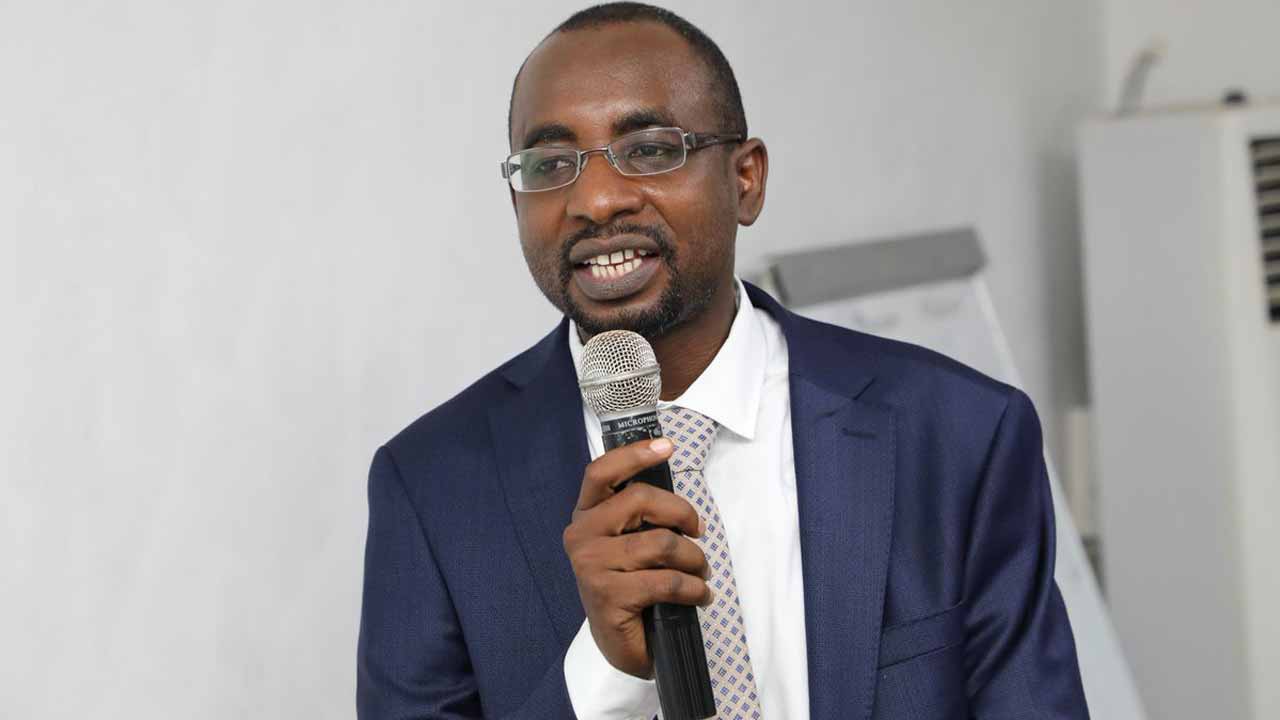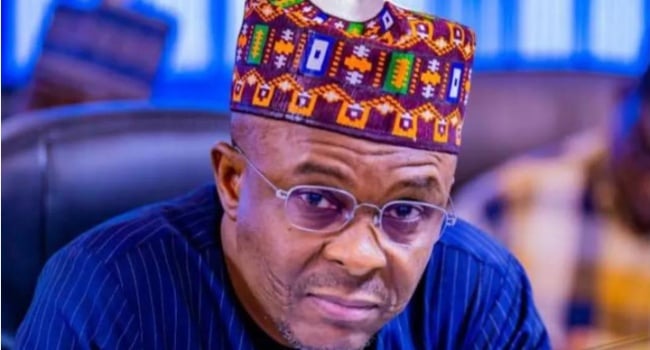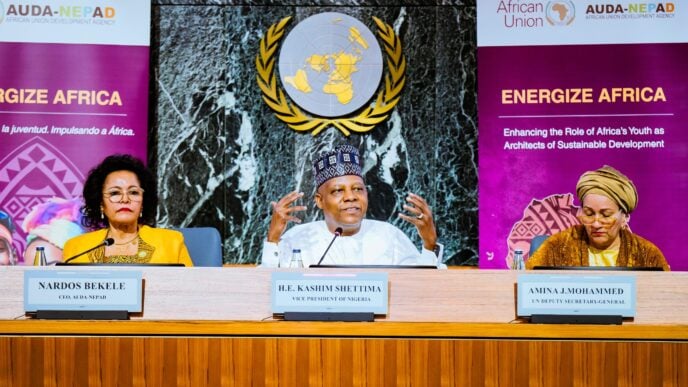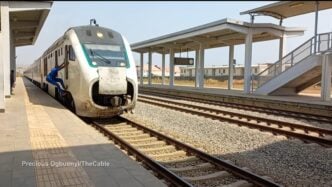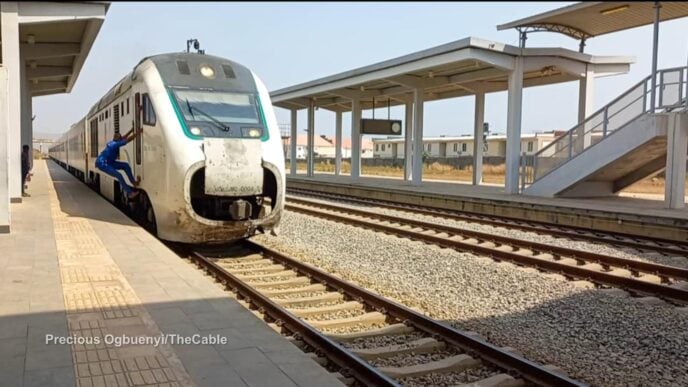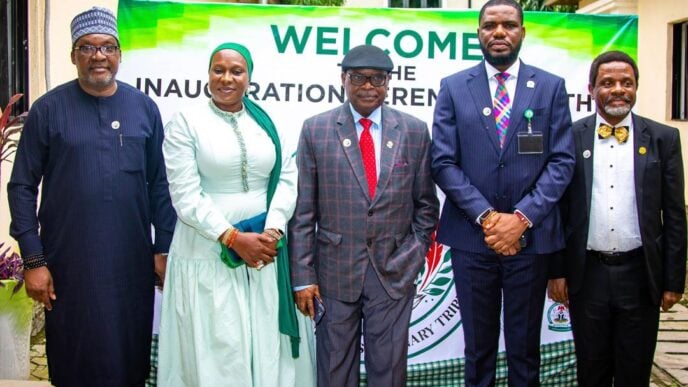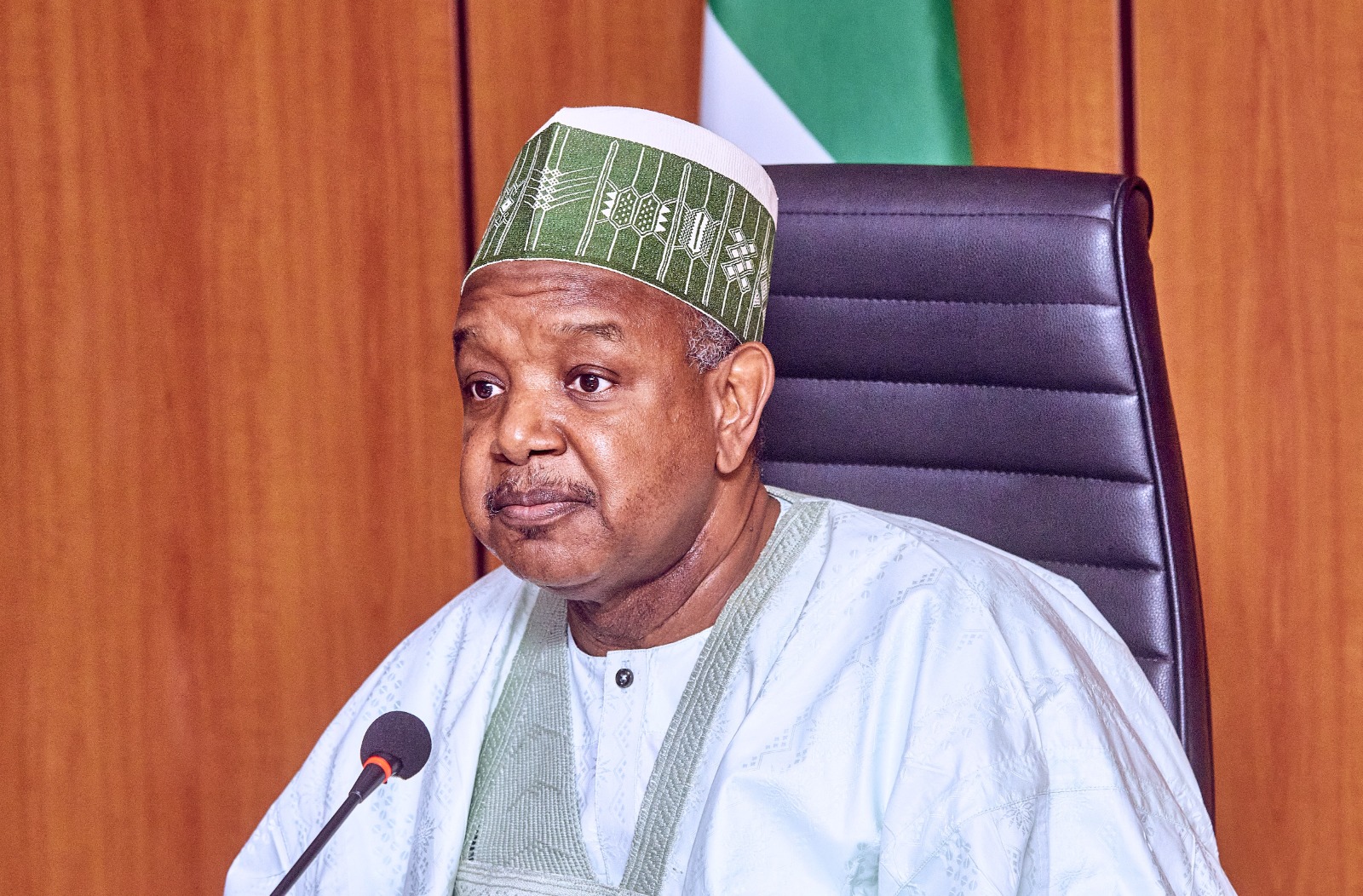The National Information Technology Development Agency (NITDA) says Nigeria’s technology startup ecosystem raised over $400 million in funding in 2024.
Kashifu Abdullahi, director-general (DG) of NITDA, spoke on Tuesday at the 11th edition of the ICTEL Expo, organised by the Lagos Chamber of Commerce and Industry (LCCI) in Lagos.
The event, themed “Leveraging Technology for Innovation and Development in Africa,” brought together tech enthusiasts and exhibitors.
Represented by Olawumi Oladejo, the NITDA DG said the ecosystem’s performance reflects the impact of intentional policy direction, rising investor confidence, and expanding innovation infrastructure.
Advertisement
He described innovation hubs as no longer mere co-working spaces but “catalysts of economic progress, enablers of talent, and launchpads for African solutions to African challenges”.
“These hubs enable access to digital infrastructure, attract global venture capital, and foster inclusive participation in the digital economy,” Abdullahi said.
“In Nigeria, we proudly host five of Africa’s seven tech unicorns, and our startup ecosystem raised over $400 million in 2024. The ICT sector now contributes nearly 20 percent to our national GDP.
Advertisement
“This progress is not by chance. It is the result of intentional government policy, all-entrepreneurial talent, and strategic investment in innovation infrastructure.”
He noted that over 1,000 innovation hubs are operational across Africa, with Nigeria, Kenya, Egypt, and South Africa leading in density.
The director-general added that projects like the Nigeria Startup Act and the digital free zone are helping to establish the country as a leading destination for innovation and entrepreneurship.
“We also recognise that there are a few challenges despite the potential. Some of them are inadequate infrastructure, urban concentration, early-stage capital gaps, and complex regulatory environments, which can increase uncertainty and slow down the pace of innovation,” he added.
Advertisement
’NITDA BUILDING INNOVATION NESTS ACROSS GEOPOLITICAL ZONES’
The NITDA boss said the agency is establishing “Innovation Nests” across Nigeria’s six geopolitical zones to drive regional economic development through innovation.
“These hubs are designed to drive research and development, foster startup growth, create sustainable jobs, and stimulate regional economic development,” the DG said.
He added that each hub will be tailored to address specific challenges relevant to its geopolitical zone, with a thematic focus aligned to local needs.
Advertisement
“In the north-central, in Benue state, we have the thematic area focusing on agri, biotech, and food systems,” he said.
“In the south-south, in Akwa Ibom state, the innovation hub there will be focusing on mineral and energy technology.
Advertisement
“In the south-west, in Oyo state, the thematic area of the innovation hub there is on edu-tech and learning services. In the south-east, in Abia state, the thematic area is on hardware and manufacturing.
“For that of the north-west, in Kastina state, we have security and defence tech, and the one for north-east, Yobe, solar and desert technology.”
Advertisement
Abdullahi said the goal is to position Nigeria as Africa’s leading innovation powerhouse through strengthened collaboration between government, academia, industry, and development partners.
‘DIGITAL GAP MUST BE BRIDGED’
Advertisement
In his keynote address, Gabriel Idahosa, president of the LCCI, said the country must invest massively in digital skills and talent development.
Idahosa called for the expansion of coding academies, AI programmes, and vocational ICT training to rural and underserved communities.
“These facilities have to drill down into the very rural areas where they are most badly needed. If we do not bridge the digital divide, we risk leaving millions of rural dwellers behind,” he added.
On startup financing, he said local capital must be prioritised before looking outward.
“We must crowd capital from local investors, Nigerians in the diaspora, before we even talk of foreign investors,” Idahosa said.
“The government can facilitate blended finance mechanisms, encourage diaspora bonds, and offer guarantees for tech investments. Regional banks and fintechs must also do more, much more, to support early-stage innovation.”
He urged the scaling of sector-specific innovations in agriculture, health, education, and infrastructure.
Idahosa also warned about the risks associated with rapid digital growth — including cyber threats, data abuse, inequality, and monopolistic practices, stressing the importance of having strong policies that safeguard users while promoting fair competition.
The LCCI president described the expo as more than just an exhibition of gadgets and technologies, calling it a space for idea exchange, collaborative engagement, and a “launchpad of transformation”.
